Sunday 26 March saw the start of the fourth and final season of Succession. The quintessential Cainite fiction, which with the miseries of the Roy clan has filled the leisure time of millions of fans with joy, concludes its journey after three seasons, generating that difficult consensus between the public and television critics. Despite the desire of the HBO bosses to extend the life of its last cartridge of quality, as well as a rival to beat at any awards gala, its creator, Jesse Armstrong, in another act of good sense that endorses his creative work, has decided to ignore the wishes of his bosses and conclude the jaggedness and slashes of the Roy brood with a fourth season that has just presented its opening letters.
The departure of Succession in just a few weeks also heralds the end of a cycle in contemporary television. Coinciding with the departure of Better Call Saul and Atlanta, and the upcoming departure of Barry -another flagship product of an HBO that is seeing its appeal as a quality platform diminish-, the disappearance of Succession will deepen the void of a range without proudly adhered products, understood as long-running fiction, which preserved the fragrances of what was celebrated as the third golden age of television. This accentuates the trend observed in recent years, which suggests that television quality is festering in miniseries, the repository of a more limited development arc, which favors the non-stretching of the story, according to the convenience of the directors, protected by their evaluation and scrutiny metrics.
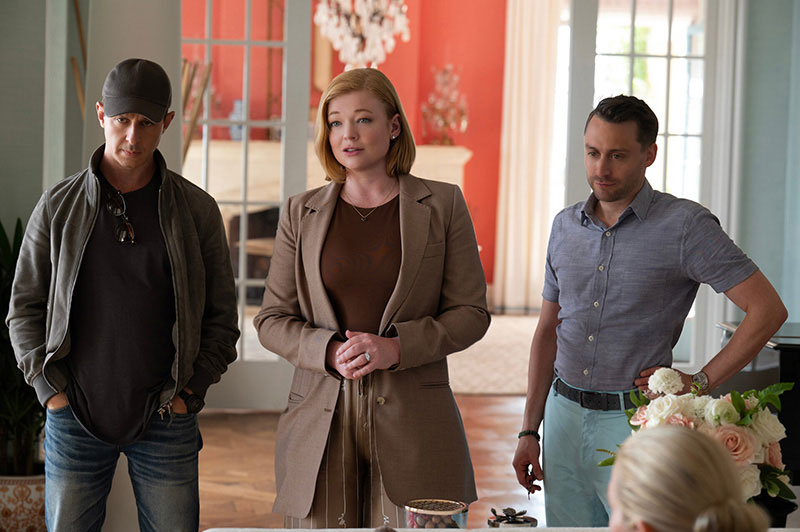
Returning to the Machiavellian moves, and the misdeeds stirred up by the human condition that Shakespeare had already categorised centuries ago and that crack this scavenging New York family, their departure is received as a bitter pill to swallow for the series community, even though deep down it is perceived as the right decision. It is because it means dispensing with the therapeutic act, albeit inoffensive, but in its own way just, that involved watching the 1% who accumulate the world’s wealth devouring each other. A rite of cannibalism accentuated by a frenetic pace, the sharp and piercing, if not devastating and “guillotining” dialogues that define the atmosphere of this bubble of those who manage daily astronomical figures. Another resignation that the announced disconnection entails will be to say goodbye to the best comedy couple that television has produced in the last decade: the pairing of Greg (Nicholas Braun) and Tom (Matthew Macfadyen) that worked perfectly as a comic counterpoint to all the bile and moral rot.
Nor will it be easy to detach oneself from the vermin that make up the Roy clan, who have demonstrated their vulnerabilities, over the course of three contests, when they were not engaged in fratricidal battles, thus earning, in their own way (a little against their better judgment), the appreciation or, at the very least, the pity of the viewers. The pater familias, undesirable and misanthropic to his last breath, maybe the only character who has not allowed a single loophole for empathetic annexation. Not for this reason, and thanks in no small part to Brian Cox‘s immaculate performance, will he be prevented from asking to join the pantheon of the great cathodic anti-heroes of this century, alongside figures such as Omar Little, Don Draper, Tony Soprano or Walter White. His Fuck offs will be missed.
Their three offspring: Kendall (Jeremy Strong), Shiv (Sarah Snook) and the foul-mouthed Roman (Kieran Culkin) – yes, we’re forgetting Connor (Alan Ruck) here too. Each, from their own patch of the ring, generates dramatic solidity with their petty manners, sundry depravities and other tropes that we have contemplated since June 2018 and which have magnified this choral tale of the New York hyenas who determine, from their fortresses of glass and steel, the world we cohabit. As Logan Roy says in the first episode of this final season when he talks to his newly crowned best friend, his bodyguard: What are people?… They are economic units…. I am a giant, but these tiny beings together form a market.
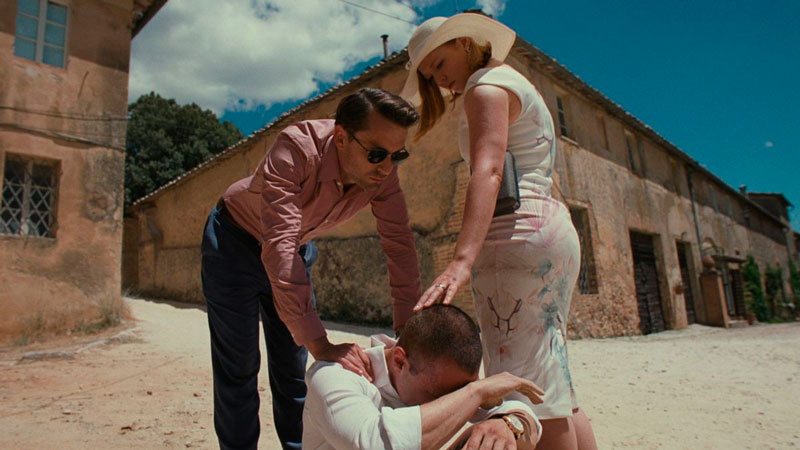
The Roy siblings in the final episode of the third season of Succession.
It is debatable whether the product’s ending has been rushed or comes at the right time. The third season raised some alarm bells about the risk of falling into a certain dramatic loop with regard to the central plot and the family skirmishes. A risk that the final season will have to bury. For the moment, it has done so by pulling out all the stops. A scattered start, a bit uneven and hesitant with respect to the distressing cliffhanger with which it closed last season. A re-entry into the Roy universe that is not the first time it has been produced in these terms. Despite the initial disorientation, soon “The Monsters” (without subtlety) is putting an order in the narrative table and clarifying the new elements in dispute and the position of each character with respect to them. The opening episode coincides with the dreaded family celebrations, in this case, Logan’s sour birthday, which has served to stage the all-out war between the side of the children who break with the father figure, and the “Saturn” father who repudiates them.
This direct confrontation is set to be the main thread of this latest round. Several important players have also changed sides. Another of the season’s anticipated hot spots is the dramatic personal confrontation between Shiv and Tom in the form of the tremendous sequence that ends the first dose of the final season. But the recipe is familiar: the more emotional fodder at stake, and the greater the personal breakdown of each member of this wretched family, the more enjoyment for the fan. So the fourth season promises an unstoppable descent from the dizzying heights through which these characters travel, equipped with their unhealthy greed, representatives of those vitiated existences of reproaches, hatreds, ferocious jargon and aggressive work manners that most of us mortals are, fortunately, as far away from, as our lives are from them.
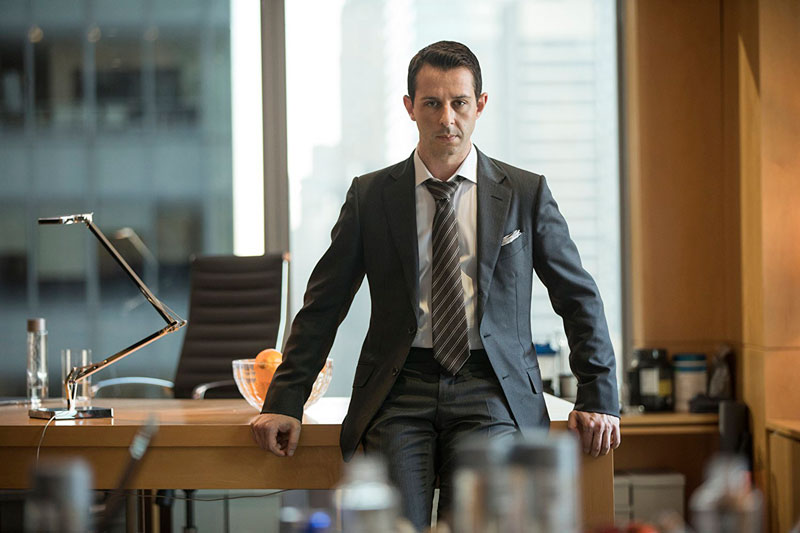
The war has begun with an unexpected change of look, induced by the partial change of scenery. A sought-after contrast between the overexposed photography of sunny California in which the sons’ side moves away from the father’s dominant authority, and at the other pole of the country, those dimly lit tones of the New York that is still represented by the dark figure of the billionaire patriarch.
The latest internal battle of the Roy clan announces a heavy toll of casualties. It remains to be discovered who survives the confrontation, who is most exposed, and whose betrayal will prevail. What is not certain, because it has been looming since the first season, is a winner. Only soulless men who are likely to remain trapped in the mud of moral turpitude and spiritual emptiness in which they move.

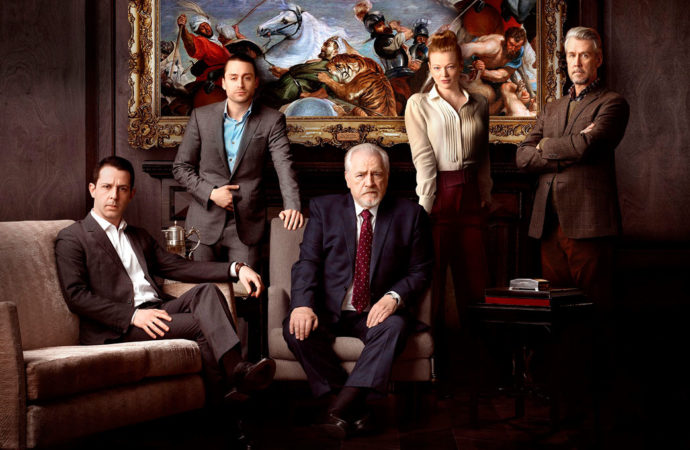

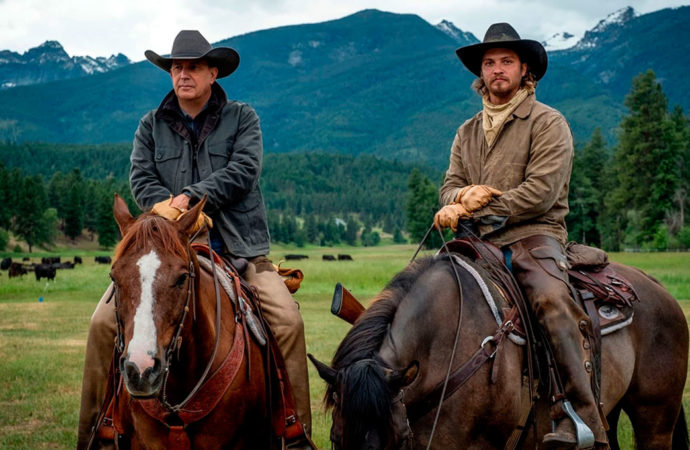
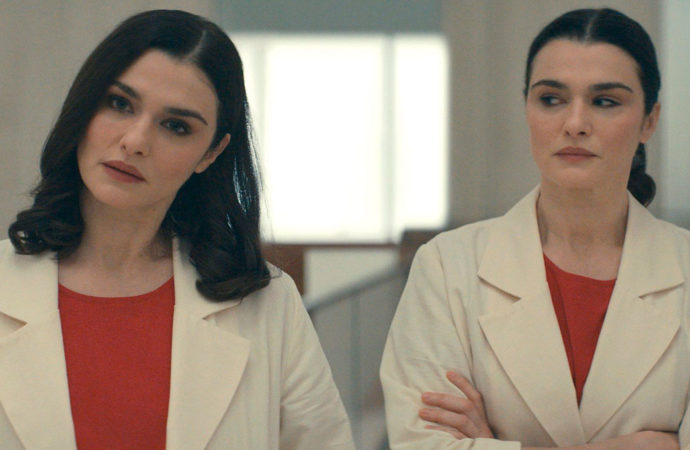

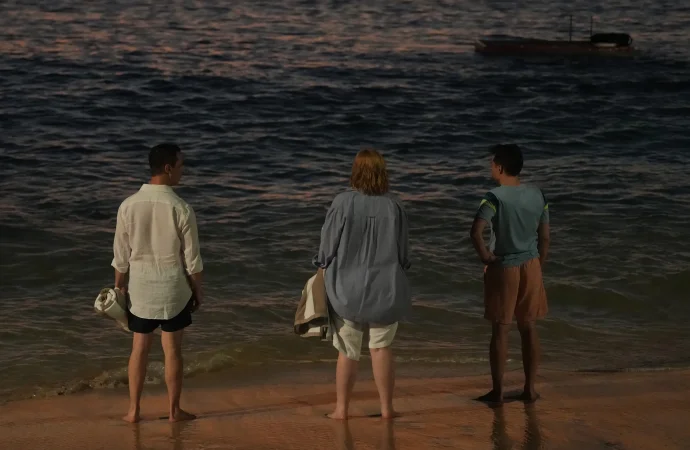
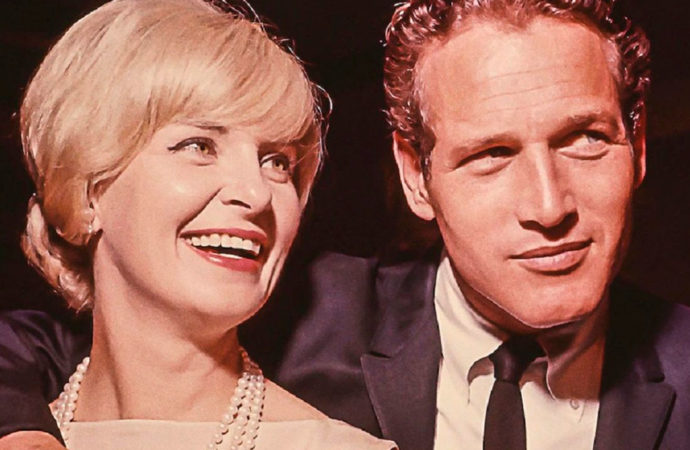
No one has posted any comments yet. Be the first person!